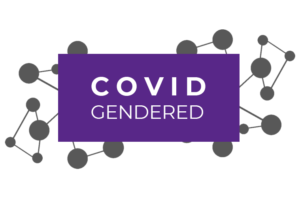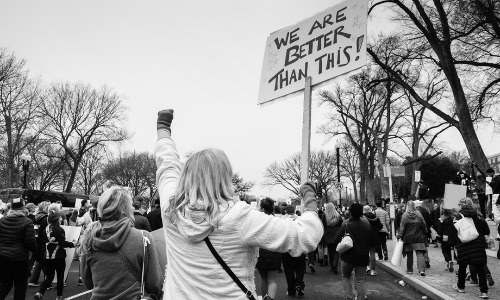‘Fight Against Despair and Keep Doing the Work Needed to Change the World’
By Marianne Schnall
At a time when so many of the inequities and systemic problems in our society have been laid bare, people are looking for meaningful ways to be part of creating positive change, and the need for effective activism, organizing and movement building has never been greater. Among those leading the charge, serving as both a role model and pioneer, is longtime activist Alicia Garza. Garza has been a strategist and organizer for over two decades. She is one of the co-creators (with fellow activists Patrisse Cullors and Opal Tometi) of #BlackLivesMatter, which has become one of the most powerful social justice movements in the world, and a cofounder of the Black Lives Matter Global Network, an international organizing project to end state violence and oppression against Black people. Garza is also a principal at the Black Futures Lab and the Black to the Future Action Fund, the strategy & partnerships director for the National Domestic Workers Alliance, host of the podcast Lady Don’t Take No and a cofounder of Supermajority.
Garza’s extensive experience as an impactful organizer and activist has provided her with valuable insights, lessons and wisdom to share, which is what inspired her to write her new book, The Purpose of Power: How We Come Together When We Fall Apart. An essential guide to building transformative movements to address the challenges of our time, the book tells Garza’s powerful story and her “lessons learned and unlearned” from her years of organizing and bringing people together—and offers new paradigms to guide a new generation of changemakers who want to contribute to a movement and change the world.
I had the opportunity to talk to Garza about what inspired her to write the book, what changes she thinks are needed to create a more equitable and just world, how she keeps herself energized and centered as she does this important work, her call to action and more.
Marianne Schnall: Why did you decide to write this book The Purpose of Power? And what are you hoping readers take away from it?
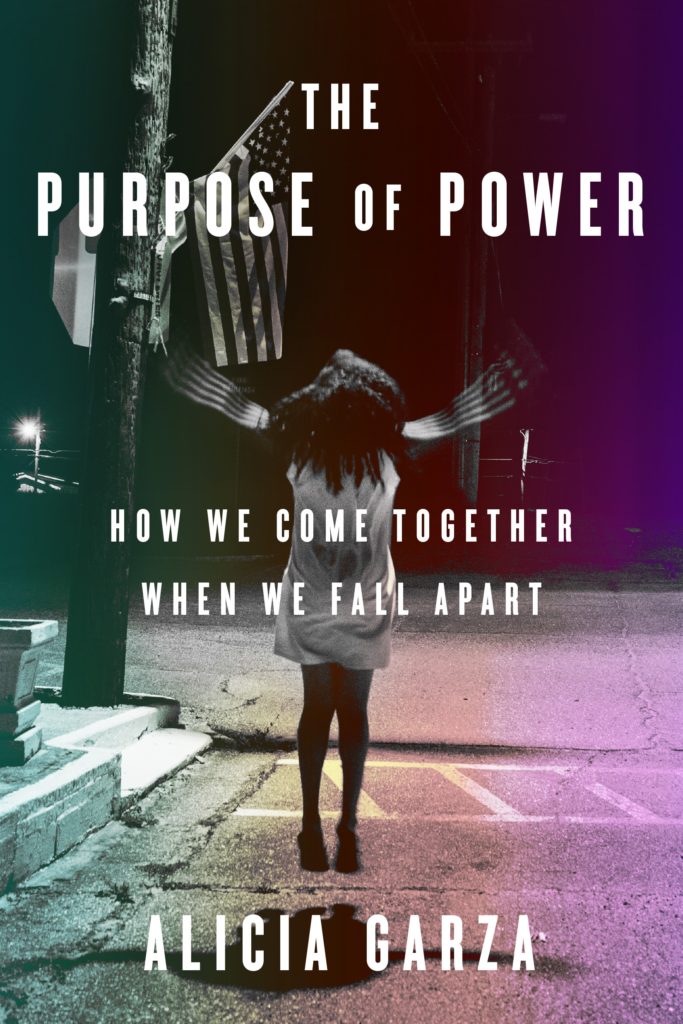
The Purpose of Power: How We Come Together When We Fall Apart by Alicia Garza
Alicia Garza: I wrote this book because it’s the book I would have wanted when I was first starting out as an organizer. There are so many people out there who are looking around them and asking, “How did we get here, and what can I do about it?” I hope this book helps you answer that question by learning a bit about my own journey as an organizer, how I found the movement and what I’ve learned (and unlearned) along the way. With this book, we’re looking under the hood at how social change happens—and what gets in the way. I hope that readers can take from this that they, too, can be the superhero in their own story.
Schnall: We have just been through a very disheartening election. Even though Biden was elected, it was disturbingly close, showing how divided this country is and how much work we have yet to do. What is on your mind in the wake of this election? What’s next and what needs to happen?
Garza: For me, this election wasn’t a wake-up call—it told a story of what’s been happening in this country for a long time. We have been treating Donald Trump as an exception to the rule, rather than as the rule itself. This country has always been deeply divided, and the work ahead of us is the same—it’s to face that history, and our present, courageously, so that we can go about the business of changing it. My mom used to say, “You cannot change what you refuse to see.” For far too long, we have ignored the fact that there have always been several Americas: an America for those of us who have been left out and left behind by rigged rules, and those for whom America was built for in the first place. In the wake of this election, this is what’s on my mind: to reach the reconciliation that so many of us desperately want, we have to be willing to sit with the truth. I think that looks like pushing forward this reckoning on race, so that it’s not just a moment; it’s pushing for that reckoning to be reflected in the rules that govern our lives; and it’s pushing for us to not just be at the table but to set the menu. So many of us are relieved, and rightfully so—Donald Trump was and continues to be the greatest threat to humanity in a generation. In that relief, will we hold the Biden-Harris administration to a new set of standards?
Schnall: We just celebrated the exciting and historic milestone of Kamala Harris becoming the first woman, first Black, and first South Asian Vice President-elect. What did her win mean to you personally, and what do you think it will mean more broadly?
Garza: It’s really incredible to be alive during a time when we have the first ever woman, first Black person, and first South Asian person to be the Vice President-elect. It’s something I will get to tell my children about. And more broadly, I think it means that little girls like Vice President-elect Harris will be able to imagine themselves in positions of power. But like all things based on representation, I’m much more interested in what they do with the role, as a result of who is in it, than I am the fact that the first ever (insert the blank) is in the role. We did this a lot with President Obama, and I think the results of this were mixed, to be honest. I was so proud that the first ever Black person had been elected President—and then I think a lot of us found that being Black in that role wasn’t enough. What mattered more was how important that person saw their historic status to be in the role, and what they did with it. President Obama’s legacy was mixed in this regard, and Black communities really felt that. It made us afraid to challenge the President in public because he was the first and only Black person to have ever served in that role, while for President Obama, he was really concerned with making sure that people didn’t see him only as the first Black president but as a president for everyone—and in fact, he noted that he didn’t want to be seen as only a president for Black people. This isn’t unique to President Obama, or any historic first in a role. There is a pressure to universalize, to make it not matter. But sometimes the pressure to universalize means a pressure not to address systemic injustices, and that has a negative effect on the very communities that those firsts emerge from. All of this to say: I am hopeful, and I am waiting to see what Vice President-elect Harris does in this role that gives the symbolism of this moment some substance.
Schnall: Right now all the many cracks in our system have been exposed and it seems like we have an opportunity to restructure so much that is not working. As we seek to rebuild, what kinds of shifts do you think are possible and necessary to build a more equitable and just world?
Garza: The last four years have really been an excavation of sorts—digging up and unearthing the very worst and the very best of what humanity has to offer. One aspect of what has emerged during this excavation process is how important it is, vital really, to tell the truth. Building a more equitable and just world requires that we build a world where we tell the truth about the places where we have failed to live up to our promise of who we can be, so that we can repair the harm that has been caused and move closer to who we must be together. That means really facing the impacts and enduring legacy of racism. That means understanding how it is that we elected a sociopath as the President of the United States. It means having the courage to face that which scares us and which we are not proud of, so that we can keep it from happening again.
Schnall: This year was a tipping point in terms of a racial reckoning in this country. How do you think we can continue to build the community and momentum? Where do we go from here?
Garza: I think this really all depends on whether or not we are willing to go forward from here. So much of American culture is built on consumerism. We consume everything—even our social movements that are geared toward change. But to really achieve that change, we need to be able to take on this racial reckoning not as a brand that we want to show everyone we have purchased and put on display, but as a new lifestyle that we are all committing to, a commitment to changing rigged rules and getting results. The first thing we do to achieve this is we invest in really understanding how racism functions, what it is and what it isn’t. Too many people still think that racism is what happens when people are mean to each other, but racism has nothing to do with people being mean to each other and has everything to do with rules that are rigged to keep those designated as the other away from the resources and power they need to live well. So momentum can be built by unearthing all of the places where that exists—and that will take us quite a long time because racism is everywhere, and has been since the beginning of this nation.
Schnall: In 2020, we faced one challenge after another, all in the background of a global pandemic and ongoing instances of police violence against unarmed Black Americans. When everyone may be feeling bruised and worn down and our energy may be lagging, what would you say to keep everyone focused, energized and hopeful in order to do the work and organizing ahead?
Garza: Fighting back against cynicism and despair is so critical to doing the work needed to change the world. For a long time, I did this work and wasn’t really that hopeful about change. It sounds counterintuitive in some ways, but it happens to a lot of people actually. We can develop tunnel vision around all the things that are wrong and in doing so, we forget to work the muscles that help us imagine the world we’re trying to build. You have to believe that change can happen if you are going to be a part of making change. That doesn’t mean we don’t hurt, that we don’t despair, that there isn’t grief—there is all of that. But there also must be a belief that we, too, can make the change we long for. It must be the thing that wakes us up in the morning, the thing we fall asleep thinking about. That is what keeps me hopeful in the midst of despair: learning how to lean in to what it is that I care most about and investing in that vision.
Schnall: You have been very strategic in terms of creating structures through your work with Black Futures Lab and Supermajority. What is your philosophy of the components needed to create actual change?
Garza: When I think about how to make change, I often think about all the components necessary to create communities. In our communities, we have many different kinds of people, from many different backgrounds and experiences, with different skills and talents. Creating a community of change is no different—to change the way the world functions now, we need people from all different backgrounds, experiences, skills and talents to come together to achieve a common goal. With that being said, I also often think about what and who is missing from the community of change that we need. I created the Black Futures Lab and the Black to the Future Action Fund because I know that Black communities are often left out and left behind as a result of rigged rules that keep us from the things we need to live full and dignified lives. Black communities are a critical part of the infrastructure needed to create communities of change, and yet we are often missing from those communities of change. So my focus has been making sure that Black communities are a part of our communities of change, and playing meaningful and purposeful roles. That’s my contribution to the whole.
Schnall: There is glaring inequity in terms of Black women’s representation across sectors and industries. What can we do to begin to move the needle toward equality? What will it take?
Garza: To be honest, there is glaring inequity of Black people overall in sectors and industries, and that has everything to do with the way that racism permeates every aspect of our society and economy. Black women are paid less than Black men and white men, and Black men are paid less than white men and white women. But I think we have to be more precise when talking about representation. You could have Black people concentrated in the administrative part of an organization or company and think that’s enough because technically Black people are represented. But representation is not equity. So I think it’s important that we look at equity across the board, which will improve representation, yes, but I don’t think we start there. To create equity, we have to look at the rules that promote inequity in these companies and sectors, and the practices that support and enforce those rules. It’s bigger than hiring Black people to do the diversity work in an organization—it’s interrupting the rules and practices that promote our exclusion.
Garza: That’s really kind of you, and I assure you that despite appearing calm and centered, there’s a rage that boils under the surface! I think that’s true of a lot of us. We find ways to navigate a deeply unfair and unequal world, and we have practices that help us support that but it doesn’t mean that anger at the unfairness of it all isn’t there. Being grounded for me is about staying focused on the big picture—sometimes I’m calm about it and sometimes I’m not! I have daily practices that help me get that rage out. I’m now a Peloton fanatic—not the group culture piece of it but the “get a good heart-pumping, lung-exerting workout” at least three days a week. I try to do things every day that bring me joy or challenge me—trying new recipes, for example, or planting the garden for the third time after cabbage moths have gone bananas in it. I do what I can to spend time with people who make me happy, at least three times a week. Even in a pandemic, it’s important to maintain connection. And I don’t punish myself for not doing enough, winning enough, etcetera. I’ve told myself several times this past year that we’re all doing the absolute best we can, and for now, that just needs to be good enough. Change is a long arc—sometimes it feels like change is right around the corner, and other times it feels like it’s farther away than we would like. But overall, I work hard every day to get us a little closer to the change we need. And I remember that I am but one person. If I can inspire someone else to be a changemaker, I’m doing what I’m supposed to be doing: growing the team so that the rate of change can be faster, and so that we can enjoy it in our lifetimes.
Schnall: What is your call to action?
Garza: Figure out what you really care about. Find other people who care about the same things that you do. Join them. And once you do, keep bringing other people along with you.
For more on Alicia Garza’s work, you can visit her website and follow her on Twitter and Instagram @chasinggarza.
This interview originally appeared at ForbesWomen
Visit COVID Gendered for more articles, information and resources.
Marianne Schnall is a widely-published interviewer and journalist and author of What Will It Take to Make a Woman President?, Leading the Way, and Dare to Be You. She is also the founder of Feminist.com and What Will It Take Movements.
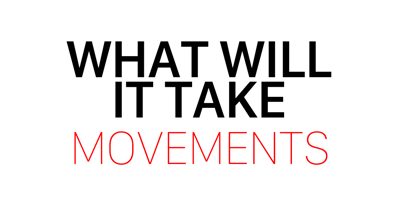
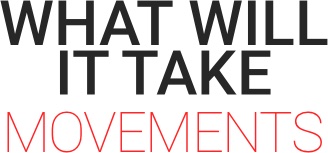
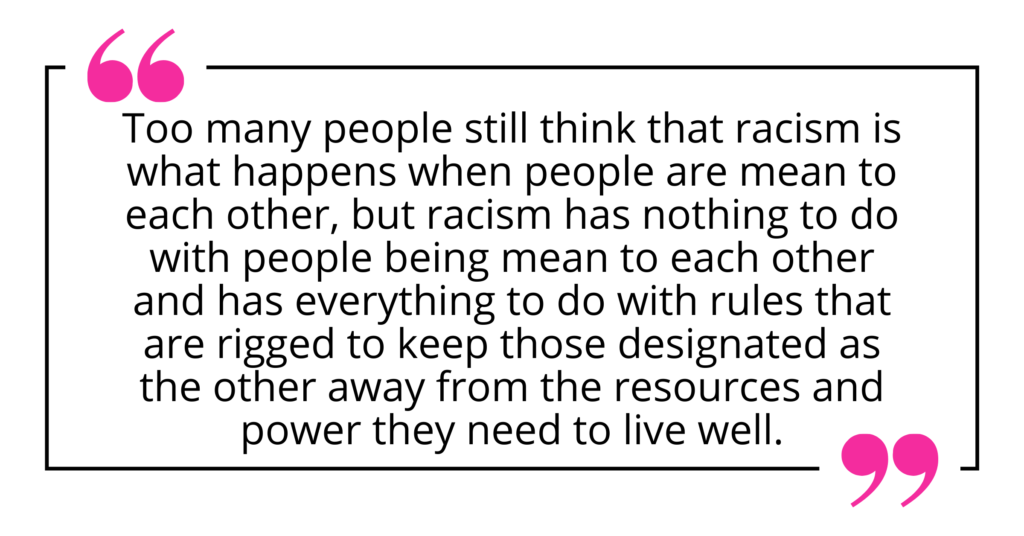
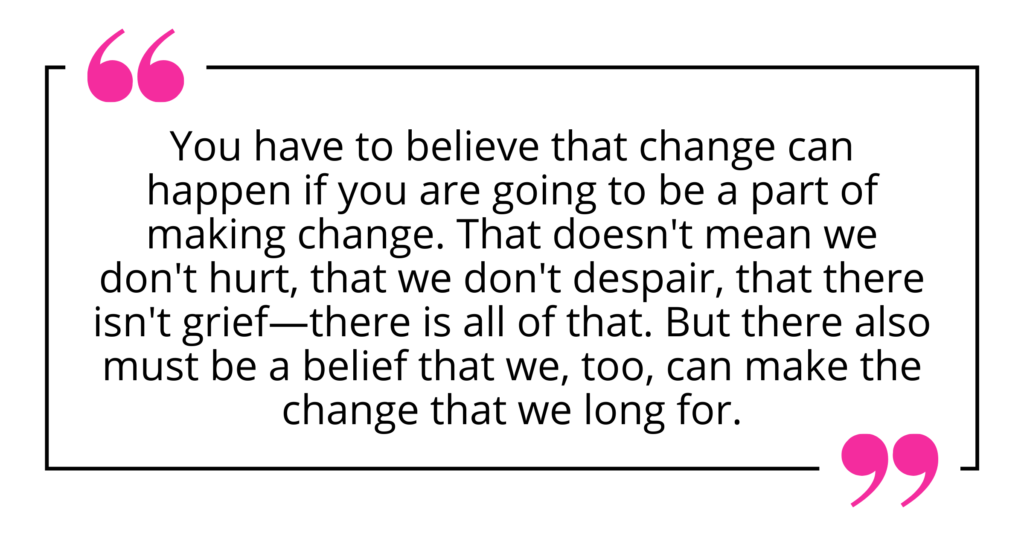
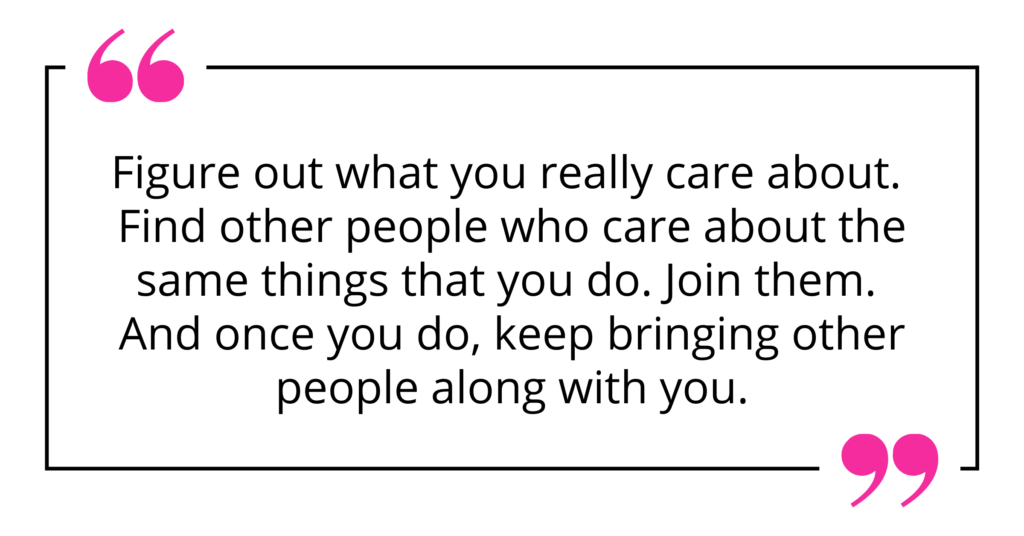 Schnall: There is much that must concern and upset you, yet you always convey such a calm and centered demeanor. How do you stay grounded and positive despite the challenging times we are living through?
Schnall: There is much that must concern and upset you, yet you always convey such a calm and centered demeanor. How do you stay grounded and positive despite the challenging times we are living through? 